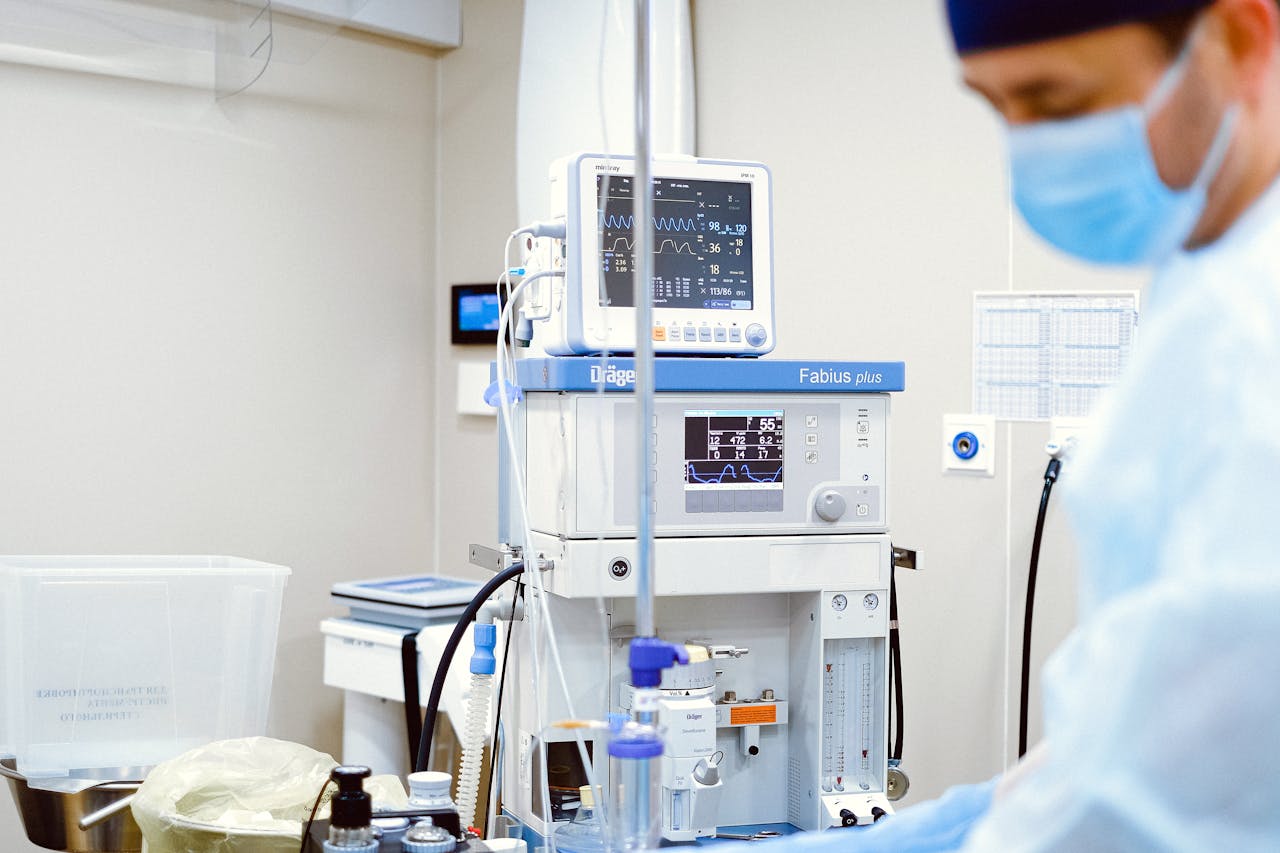Alzheimer’s disease has long been one of the most devastating neurological disorders, robbing millions of people of memory, independence, and identity. For decades, scientists have struggled to detect it early enough for meaningful intervention. But now, a team of researchers in Europe has developed a groundbreaking AI-powered diagnostic system capable of predicting Alzheimer’s up to 10 years before symptoms appear.
How the AI Model Works
The AI system uses a combination of MRI brain scans, genetic information, and lifestyle data from thousands of patients across multiple countries. It analyzes tiny changes in brain structure — changes that even expert radiologists can’t detect with the naked eye. These patterns help doctors identify who might be at high risk long before visible memory loss begins.
Why This Is Revolutionary
Traditional Alzheimer’s diagnosis often happens too late — after significant brain cell damage has occurred. This new predictive tool allows doctors to begin preventive treatments, like cognitive therapy, anti-inflammatory medication, and diet modification, years in advance. Early detection could slow or even stop progression in many patients, improving quality of life dramatically.
Expert Reactions
Neurologists and medical experts are calling this breakthrough a “game-changer”. Dr. Maria Jensen, a neuroscientist involved in the study, stated, “We’re not just diagnosing earlier — we’re changing the entire timeline of treatment. Prevention is now possible.”
Hospitals in Germany, France, and the UK are already testing the system in real-world trials, and early feedback is overwhelmingly positive.
Global Implications
If successful, the AI could be implemented in hospitals worldwide within a few years. Developing nations with limited access to specialized neurologists could particularly benefit, as the system only needs a basic MRI scan and internet access to function.
Ethical and Social Considerations
While the discovery is thrilling, it also raises questions about data privacy and psychological impact. How should doctors tell someone they are likely to develop Alzheimer’s a decade later? Experts agree that clear communication, counseling, and mental health support must go hand-in-hand with diagnosis.
The Future Ahead
The AI system represents more than just a medical tool — it’s a glimpse into the future of preventive medicine. By combining artificial intelligence, human empathy, and early care, scientists are bringing humanity one step closer to defeating one of its most heartbreaking diseases.






